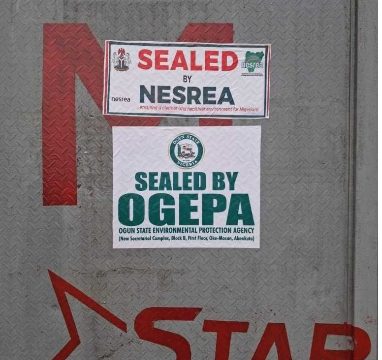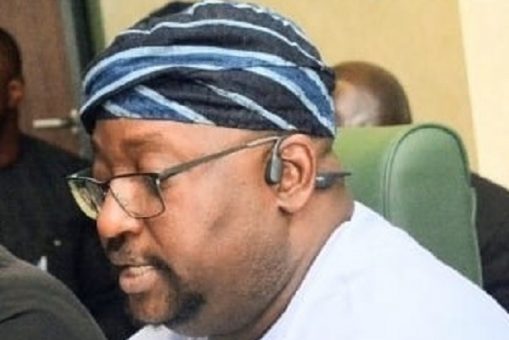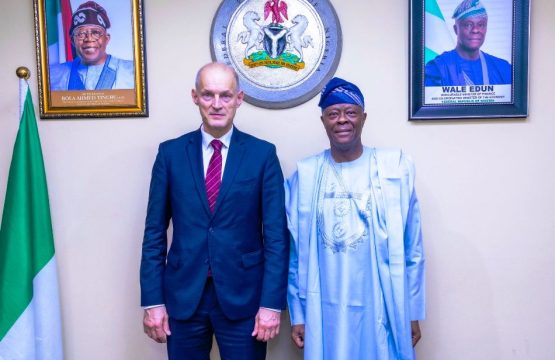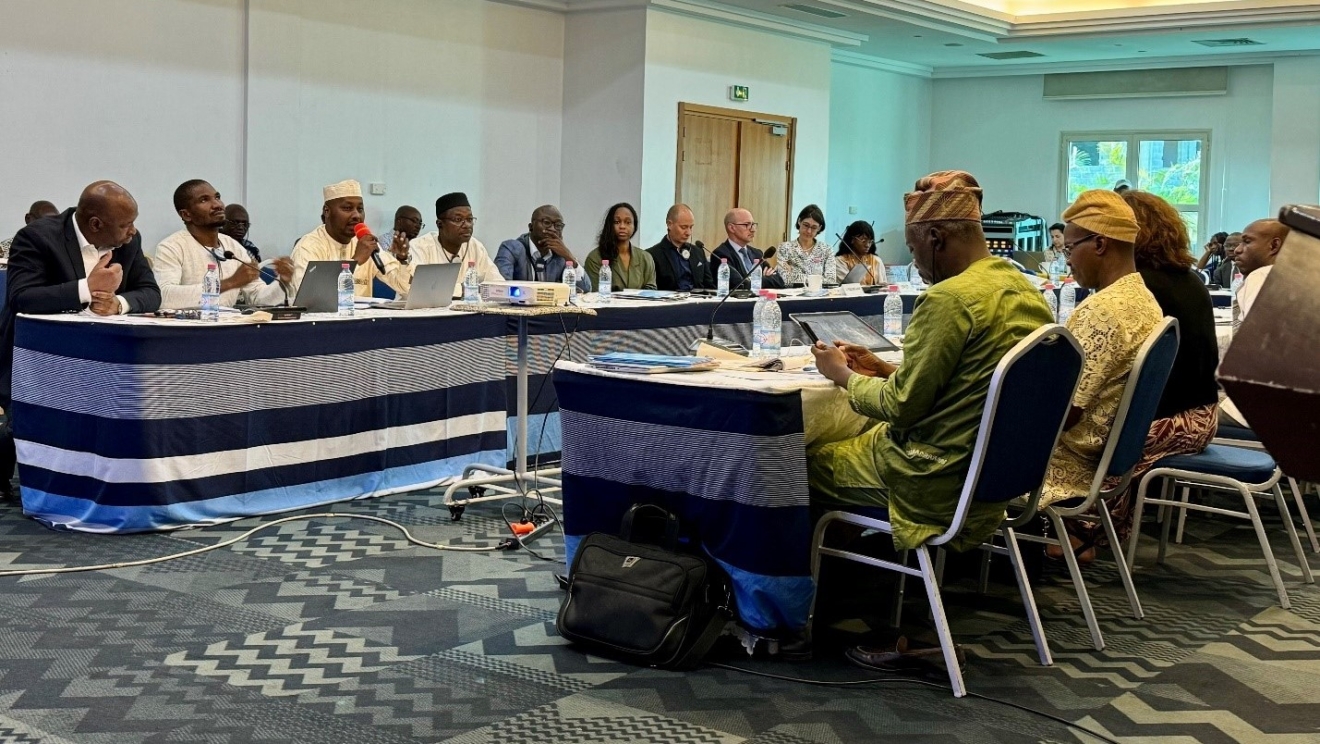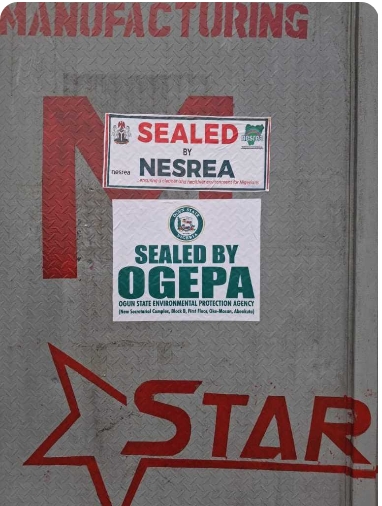▪︎Participants at the validation workshop in Cotonou Benin.
The World Trade Organization (WTO), the United Nations Industrial Development Organization (UNIDO), FIFA, and Afreximbank are strongly committed to developing and off- takes 25 percent of raw cotton in four African countries for integration into the global garments industry, over 10 years.
To achieve this, the development partners estimated that a total investment of around 5 billion USD in industrial and semi-industrial production facilities will be needed, as well as several capacity-building interventions.
The other participating development partners in the project – the cotton-to-clothing industries in Africa’s main cotton-producing countries- namely Benin, Burkina Faso, Chad, Cote d’Ivoire and Mali, also known as the C4+, include the International Trade Center (ITC), the International Labor Organization (ILO), etc.
Industrialtimesngr.com learned that the validation workshop of the Steering Committee meeting of the “Partenariat pour le Coton” (Partnership for Cotton) was held in Cotonou Benin, last week.
The partnership aims to support African cotton-producing countries to add value to cotton and integrate them into international textile and clothing value chains.
In her opening remarks, the UN Resident Coordinator in Benin, Aminatou Sar, underlined the importance of the cotton sector to the economic development of the C4+ countries.
She expressed delight about the strong involvement of UN agencies in this initiative and encouraged them to work as “One UN” in support of the cotton-to-apparel value chain and the SDGs.
In her intervention, ITC Country Manager, Ludmila Azo said “At ITC, we recognize that SMEs are the backbone of any thriving economy.
These businesses, including those in the cotton, textiles, and fashion industries, drive innovation, create jobs, and are pivotal for sustainable development.
We must enhance their competitiveness and enable their participation in global value chains.
This requires comprehensive capacity building to improve skills and technologies, facilitating access to finance so they can invest in growth, and opening up access to international markets.
This is key to ensuring that the promises of the cotton value chain, including 500,000 potential new decent jobs are widespread, inclusive, and sustainable, fostering economic resilience and prosperity across the C4+ countries”.
During the validation workshop, Participants proposed various interventions for the C4+ countries and development partners to consider:
“New and upgraded technology – including renewable energy and recycling technologies- will be essential when processing cotton for export markets and meet due diligence requirements.
– Developing textile and clothing industries in this new era requires new skill sets to adopt green and digital technologies.
UNIDO and ILO have intensified their collaboration to develop a joint initiative called ‘Skills for Sustainable Industrial Transformation in Africa (SITA)’ to strengthen lifelong learning systems in Africa to drive industrial transformation and a ‘Just Transition’”, said Jinjiang Yan, UNIDO Industrial Development Officer.”

